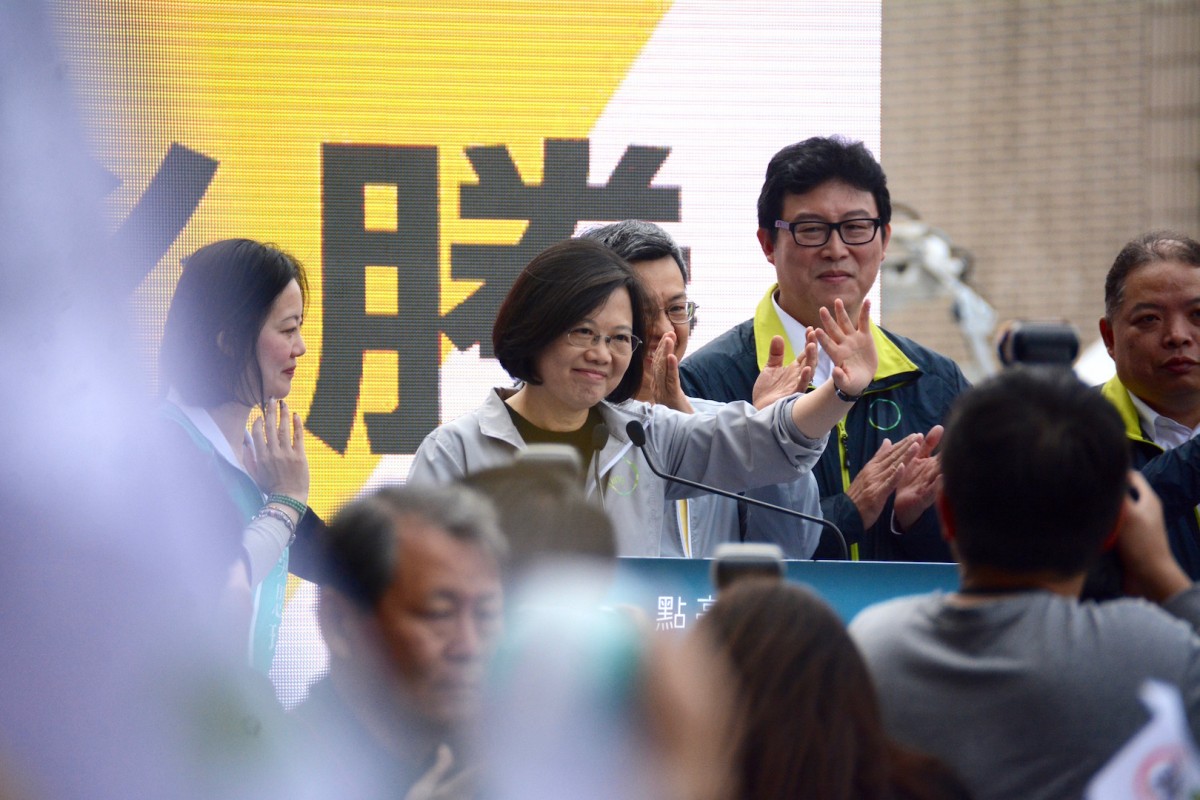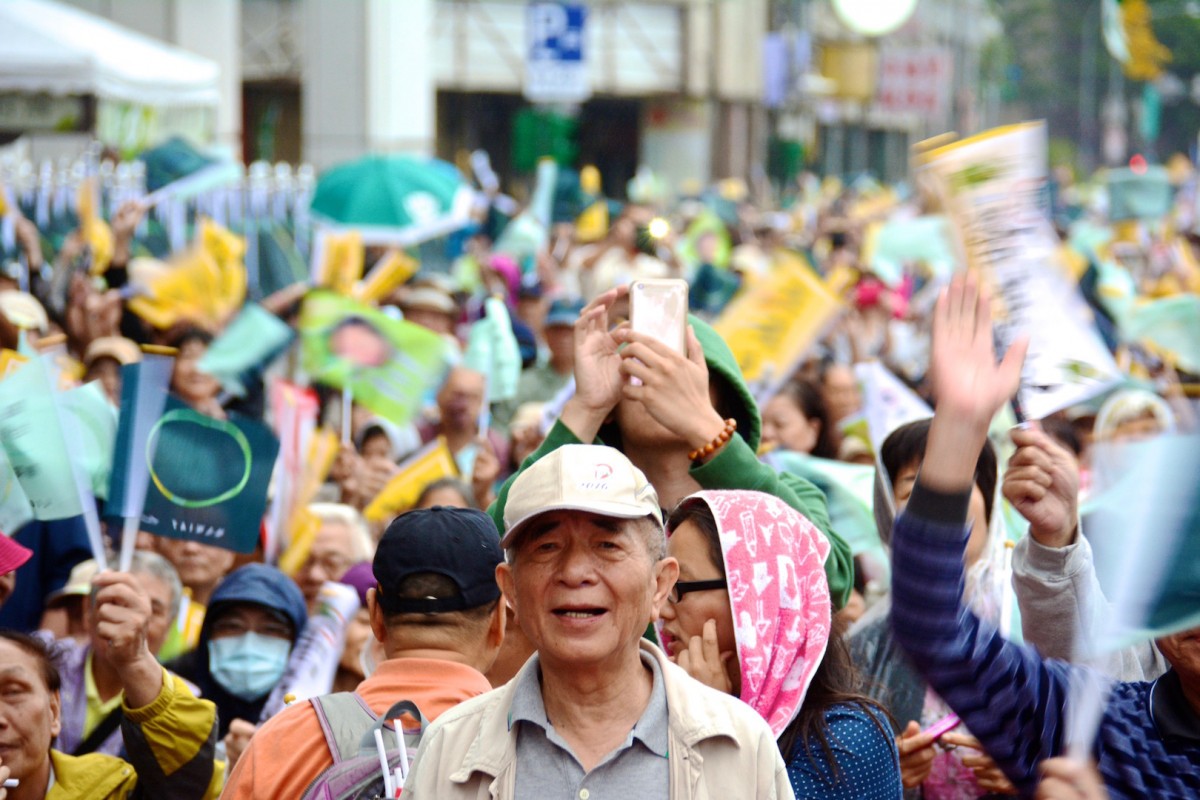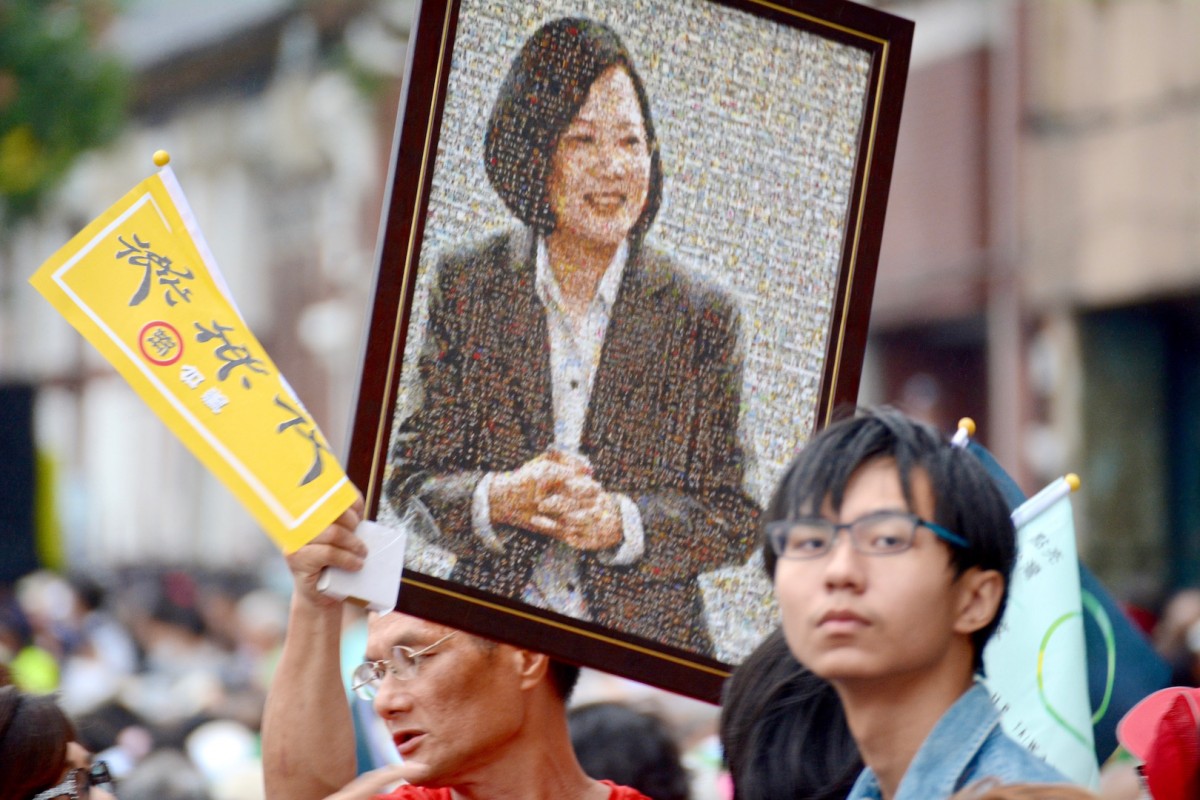Memo #359
By J. Michael Cole – jmichaelcoleintaipei [at] gmail.com

More than ever before in Taiwan’s history, political contention is not defined by ethnicity. A clash of generations, rather, is shaping the positioning of the two leading parties in the 2016 elections.
The opposition Democratic Progressive Party (DPP) has understood, and then embraced, this shift most effectively, becoming associated with “youth,” “change” and rejuvenation. The ruling Chinese Nationalist Party (KMT), in contrast, has proved incapable of acknowledging generational pressures, and its ideology now has traction with an increasingly marginal segment of society.
Despite initial internal resistance, the DPP reached out to, formed strategic alliances with, and sought to empower a fledging “third force” in Taiwanese politics—small parties comprised mostly of political neophytes and, until recently, members of an activist civil society. The KMT has taken the opposite approach. It has cast aspersions on youth activism (comparing them to ISIS, among other things) and allied itself with ultraconservative and marginal (pro-unification) parties like the New Party.
The rhetoric and visuals of the two camps also reflect this divide. Where the DPP camp has emphasized hope, youth, LGBT rights and inclusiveness using high-quality video productions and songs, a visibly deflated KMT has offered pessimism, fear, conservatism and negative campaigning using videos that have been amateurish at best. Where the DPP has vaunted the benefits of diversification, the KMT focuses almost exclusively on China, a relationship that—contrary to common wisdom overseas—doesn’t keep Taiwanese awake at night. This campaign strategy is especially puzzling because the KMT had used it in the nine-in-one elections in November 2014—and paid a heavy price.
No doubt there are people within the KMT who understand the need to rejuvenate their party as well as government institutions, but those voices have been silenced in the current electoral cycle. As a result, the DPP will likely assume power with a strong mandate. It might yet take a trouncing in national elections for voices better aligned with the expectations of the majority of Taiwanese society to seize control of the KMT and allow it to survive beyond its current ossification.
About the Author:
A former analyst with the Canadian Security Intelligence Service in Ottawa, J. Michael Cole is a Taipei-based Senior Non-Resident Fellow with the University of Nottingham’s China Policy Institute, an Associate Researcher with the French Centre for Research on Contemporary China (CEFC) and editor in chief of www.thinking-taiwan.com, a political analysis web site hosted by the Thinking Taiwan Foundation.

Presidential candidate Tsai Ing-wen waves to the crowd during a campaign event in Taipei on December 20, 2015 (Credit: J. Michael Cole, 2015).

Supporters of presidential candidate Tsai Ing-wen cheer during a campaign rally in Taipei on October 18, 2015 (Credit: J. Michael Cole, 2015).

Supporters of Tsai Ing-wen carry a portrait of the presidential candidate during a rally in Taipei on October 18, 2015 (Credit: J. Michael Cole, 2015).
Links:
- J. Michael Cole, “Taiwan’s ‘black Saturday’ election: A rebuke to China,” CNN, December 2014.
- J. Michael Cole, Black Island: Two years of activism in Taiwan, March 2015.
- Mark Harrison, “Taiwan’s new leader will have unprecedented political leverage,” AFR, January 2016.
- Lok-sin Loa, “DPP approves list of candidates outside the party to support,” Taipei Times, December 2015.
- John Sullivan, “Livelihood issues set the tone for Taiwan’s presidential election, not its ‘sovereignty’ tussle with China,” SCMP, January 2016.
- “Two Ads, Two Worlds,” Thinking Taiwan, January 2016.
Related Memos:
See our other memos on Taiwan.